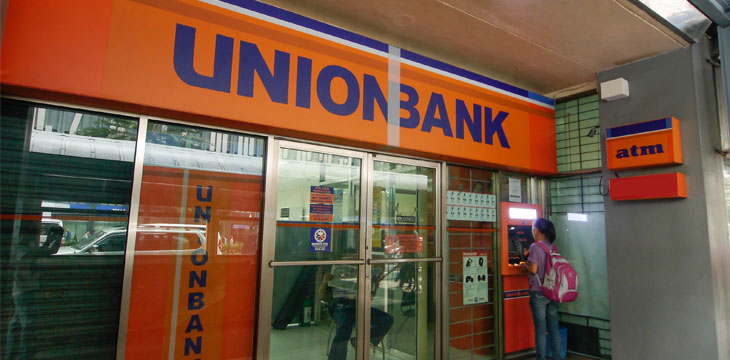|
Getting your Trinity Audio player ready...
|
UnionBank in the Philippines announced in February that it was planning on installing the first cryptocurrency ATM in the country soon. It has fulfilled that promise, with the automated teller now live. It was the first crypto ATM launched in the country, but certainly won’t be the last, and companies wishing to join UnionBank need to make sure they understand the regulations to avoid an incident like what just happened in Dubai.
Any firm that wants to install a teller that offers virtual exchange conversions in the Philippines must be approved by the Bangko Sentral ng Pilipinas (BSP), the central bank of the Philippines. The company has to register with the BSP and receive approval before the ATM is offered publicly.
The rule was put into effect in 2017 and is in accordance with other financial conversion laws. It was signed by the deputy governor of the BSP, Chuchi G. Fonacier, and states, in part, “In this regard, operators of ATMs that allow purchase of exchange of [virtual currency] (for example, bitcoin) or other devices with similar functionality and capability, are considered as VCE (virtual currency exchanges) and should register with the BSP pursuant to Circular No. 944.”
Even though digital currency is generally not recognized as legal tender, it is still seen as a medium of exchange and, as such, is required to adhere to laws regarding anti-money laundering and terrorist financing. This is true in the Philippines, as well as in other countries throughout the world.
The central bank order further states, “As registered VCEs, they should comply with anti-money laundering/terrorist financing laws and regulations, ensure sufficient and appropriate controls and governance framework are adopted to manage the associated technology and other operational risks, and put in place adequate consumer protection and customer support, among others.”
The BSP has so far approved seven VCE licenses. All the entities are required to provide controls to manage the technology and operational risks and must also offer consumer protection and customer support. UnionBank is one and Coins.ph, under its corporate name of Betur Inc., is another. In addition, Virtual Currency Philippines, Inc. and ETranss were approved for operations by the BSP last year, as were Rebittance, Inc. and BloomSolutions.

 02-15-2026
02-15-2026 




